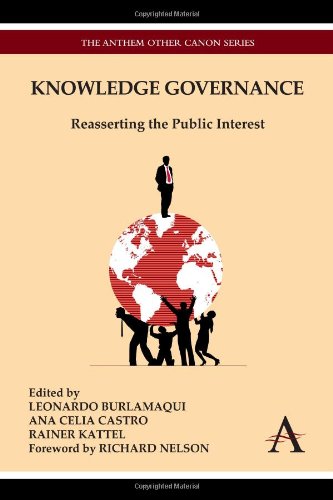

Most ebook files are in PDF format, so you can easily read them using various software such as Foxit Reader or directly on the Google Chrome browser.
Some ebook files are released by publishers in other formats such as .awz, .mobi, .epub, .fb2, etc. You may need to install specific software to read these formats on mobile/PC, such as Calibre.
Please read the tutorial at this link: https://ebookbell.com/faq
We offer FREE conversion to the popular formats you request; however, this may take some time. Therefore, right after payment, please email us, and we will try to provide the service as quickly as possible.
For some exceptional file formats or broken links (if any), please refrain from opening any disputes. Instead, email us first, and we will try to assist within a maximum of 6 hours.
EbookBell Team

4.3
98 reviewsThis book argues that the current international intellectual property rights regime, led by the World Trade Organization (WTO), has evolved over the past three decades toward overemphasizing private interests and seriously hampering public interests in access to knowledge and innovation diffusion. This approach concentrates on tangible and codified knowledge creation and diffusion in research and development (R&D) that can be protected via patents and other intellectual property rules and regulations. In terms of global policy initiatives, however, it is becoming increasingly clear that the WTO in particular is mostly a conflict-resolution facility rather than a global governance body able to generate cooperation and steer international coordinated policy action. At the same time, rent extraction and profits streaming from legal hyperprotection have become pervasively important for firm strategies to compete in a globalized marketplace. “Knowledge Governance: Reasserting the Public Interest” offers a novel approach – knowledge governance – in order to move beyond the current regime.